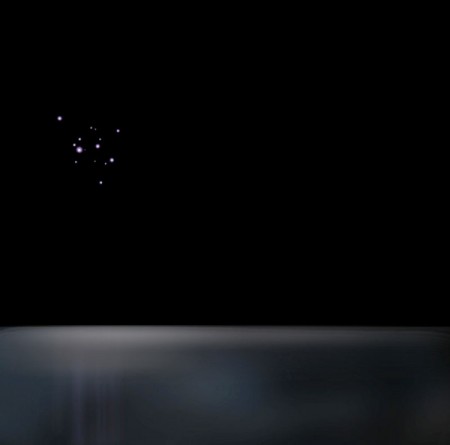October 21, 2015 – The Solar System is 4.6 billion years old. At that time only 8% of potential Goldilocks Zone planets existed. Today in our Milky Way Galaxy alone scientists estimate Earth-sized planets number around 1 billion. Not all are habitable but there are surely a lot of them. Now multiply that number by another 100 billion and you account for the number of Earth-sized planets in the visible Universe.
The Kepler Space Telescope has observed solar systems in the early throws of creation. That’s because our galaxy and others continue to give birth to stars aplenty. Scientists believe that the matter in our Universe will continue to feed stars for as much as 100 trillion years.
But in as little as 1 trillion years from now, technical civilizations born on planets will find themselves in isolated islands of galaxies or in solitary ones with little in the way of visible neighbours. That’s because the Universe is continuing to expand at an accelerated rate with the galaxies and galaxy clusters moving away from each other.
What will these technical civilizations be able to discern about the Big Bang? Not much. The night sky of these civilizations will be largely dark (see picture below). How sad for Earth-like planets which will be 10 times the number of those today in galaxies of the remote future.
Something to think about on “Back to The Future Day.”
















